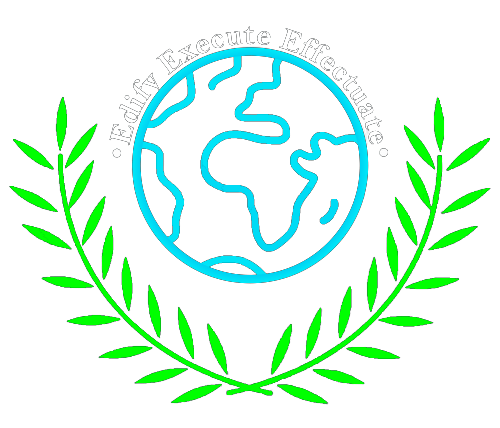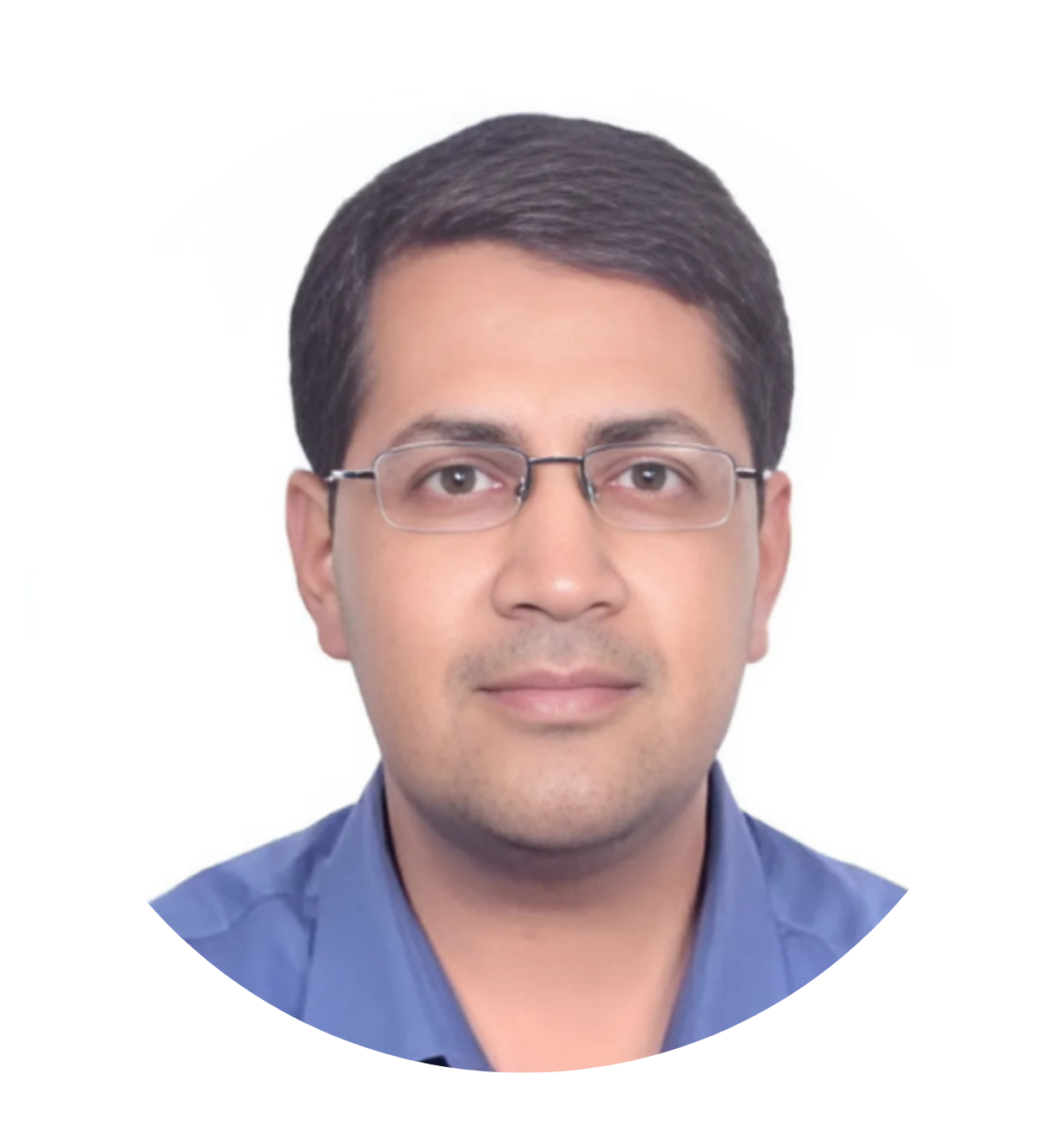Fellowship for Data Analytical Public Policy Leaders

Where Policy Meets Data to Shape the Future



This is a fully online course, providing flexibility for participants globally. Program Duration: Classes will be held from 1st Jan to 15th Feb, offering an immersive learning experience.
Open to undergraduate and postgraduate students, working professionals, and policymakers.
Upon successful completion, participants will receive a fellowship certificate.
1.1. What is SPSS
1.2. Who uses it
1.3. How is it used
Importing datasets into R.
Data cleaning using dplyr (filter, select, mutate).
Handling missing data with na.omit() and other strategies.
Calculating descriptive statistics using R functions.
Visualizing data with ggplot2 (bar chart, scatter plot, histogram).
Conducting t-tests, ANOVA, and chi-square tests in R.
Interpreting results of hypothesis testing.
Installing and setting up Power BI Desktop.
Importing datasets (CSV/Excel) into Power BI.
Basic data cleaning and preparation (splitting columns, removing duplicates, filtering).
Creating visualizations: bar charts, histograms, scatter plots.
Building an interactive dashboard with multiple visual elements.
Adding slicers and filters to enhance interactivity.
Calculating and displaying descriptive statistics using DAX.
1. Ethnography in Rural India: Public Policies and the Marginalized
2. Urban Landscapes: Public Policies Shaping Migration and Urbanization
3. Gender and Society: Analyzing Public Policies Affecting Women
4. Education and Aspirations: Public Policies in Indian Classrooms
5. Environmental Challenges: Evaluating Public Policies for Sustainability
7. Cultural Heritage and Identity: Public Policies for Preservation
8. Political Participation and Social Movements: The Impact of Public Policies
Caste in Public Policy
9. Technology and Society: Public Policies Navigating India’s Digital Transformation
10. Religion and Spirituality: Public Policies and Faith in Modem India
11. Conflict and Resolution: Public Policies in Peacebuilding Efforts
12. Youth and Aspirations: Public Policies Shaping the Future of India’s Youth
13. Challenges and Ethics in Qualitative Research: Reflections from Policy-Oriented
Research
14. Challenges of Public Policy in India

Assistant Professor (Contractual), Department of Statistics and Operations Research, Aligarh Muslim University, Aligarh, U.P
Obtained his Ph.D. degree in Statistics (2020) from the same department. His area of specialization is Biostatistics. He completed his M.Sc. (Statistics) in 2013 from the National University of Singapore, Singapore. He obtained his B.Sc. degree in Statistics (2009) from the Department of Statistics and Operations Research, Aligarh Muslim University, Aligarh, U.P. He has worked as a part-time data analyst for 4 years for the non-profit organization “Diabetes Education and Awareness Program (DEAP)”, Rajiv Gandhi Centre for Diabetes and Endocrinology, J.N.M.C., Aligarh Muslim University, Aligarh, U.P., India. He has published several papers and chapters in International/National journals of reputed indexing. Two of his research projects have been jointly granted patents with his supervisors. He has also delivered several invited lectures on Statistical Data Analysis.

Professor Veer Narmad South Gujrat University, Surat. B.E.(PRODUCTION), M.B.A. (FINANCE), N.E.T (Management), PH.D. (Management), Post Graduate Diploma in Research Methodology
Dr. Dhaval Maheta is a Professor at the Department of Business and Industrial Management, Veer Narmad South Gujarat University, Surat, with over 22 years of experience in post-graduate teaching and industry (ICICI Bank, HDFC Ltd.). His specializations include Quantitative Methods, Financial Management, Production Management, Research Methodology, and Financial Derivatives.
He has presented and published 40 research papers at national and international conferences and authored several books, including Minitab Software, Statistical Analysis using R Software, Machine Learning Using R-Rattle, and Data Analysis using R. Dr. Maheta also runs a YouTube channel, “Dhaval Maheta,” offering free tutorials for researchers and data scientists. He has trained over 15,000 faculty, professionals, and bureaucrats in research software and conducted over 200 training programs in Data Science, Machine Learning, and AI. He is a certified trainer for KNIME and Atlas.ti and has received awards for his KNIME tutorials.
Fellows will work on group projects that address real-world policy issues, fostering collaboration. These projects are designed to bring together diverse skill sets and viewpoints, encouraging fellows to co-create solutions while building lasting professional relationships.
Fellows will gain access to alumni network of past participants who are now leading professionals in public policy. This network offers a platform for ongoing support, collaboration, and sharing of opportunities beyond the fellowship.
The fellows will be paired with a mentor who is a seasoned professional in public policy. These mentors will guide fellows on career development, research methodologies, and navigating the policy landscape.
The ability to interpret complex datasets to influence public policy.
Assessing the effectiveness of policy initiatives using data-driven insights.
Expertise in statistical models and tools to analyze policy outcomes.
Articulating policy research findings clearly and leading cross-functional policy teams.
Tackling complex policy issues with innovative, data-backed solutions.
I am Manan Singh, a third-year student at O.P. Jindal Global University pursuing B.A.(Hons.) Liberal Arts and Humanities with a major in History. Interning at IISPPR was an amazing experience. The foundational sessions on how to write a research paper, question formation and Literature review writing were really beneficial and have come in handy to date. I would like to thank IISPPR for the opportunity they gave me.
Manan Singh Liberal Arts and HumanitiesMy experience with IISPPR has been incredibly enriching. My internship at IISPPR was both insightful and rewarding, particularly regarding international relations. The hands-on projects provided me with a deep understanding of global policy challenges and the intricacies of diplomatic relations. The guidance and mentorship I received were exceptional, equipping me with practical skills and a broader perspective on international governance. It was an invaluable learning opportunity that greatly enhanced my academic and professional journey."
RangoliI'm immensely grateful for the enriching experience of working as an intern at the International Institute of SDG's and Public Policy Research. Despite my initial apprehension due to my limited experience in the field of public policy research. I was elated to join a team that shared my interests and provided invaluable guidance. The humility, cooperation, and healthy learning environment of everyone involved surprised my expectations. This internship has transformed me, instilling confidence, a new craving for knowledge, and a deep appreciation for the support and opportunities I received. Thanking you Divya Divyanishu Vivekananda Institute of Professional Studies New Delhi BA (JMC) 4th semester
Divya DivyanishuAnswer: The application deadline for the fellowship is 30th November. We recommend submitting your application at least a few days in advance to avoid any last-minute issues.
Answer: The fellowship runs for six weeks, from January 1st to February 15th.
Answer: The fellowship follows this timeline:
Starts at- 7 pm
Ends at- 8:30 pm
Answer: Yes, the fellowship is open to international candidates; however, candidates are responsible for securing any necessary permits required for field research.
The amount of fellowship is ₹2500.
Answer: Fellows are expected to actively engage in their research projects and participate in all scheduled activities.
Answer: There are no strict eligibility criteria; anyone can apply for the fellowship program.
Answer: No, you don’t need any specific research proposal you can directly join
Answer: Yes, fellows will receive mentorship from experienced researchers and academics throughout the program. This includes guidance on research design, data collection, and analysis.
Answer: Fellows can present their research through community workshops or presentations, depending on the project.
To apply, visit iisppr.org.in. Send your CV to admission@iisppr.in or contact us at +91 8755502998
International Institute of SDG and Public Policy Research. "I had the privilege of working as a researcher and Data Scientist at the International Institute of SDG and Public Policy (IISPPR). Presenting 'our paper, A Study on Analyzing Protests and Finding Policy Gaps in the Global South, at Woxsen University was a proud moment. The invaluable guidance and support I received helped sharpen my skills in data analysis and research. Currently, as a Data Scientist at IISPPR, I continue to apply these learnings to real-world problems. I am thrilled to have received admissions from the University of Wisconsin-Madison and Boston University, confident that my experience at IISPPR has given me the knowledge, abilities, and self-assurance to thrive in the field of research."
Arshad Bagde Data scientist